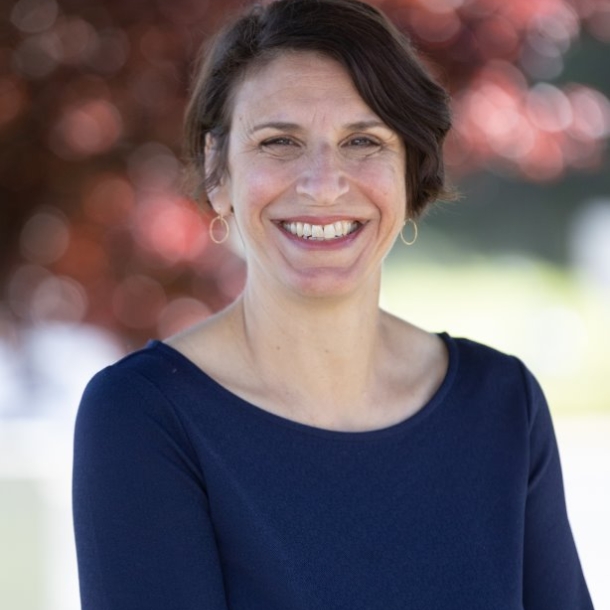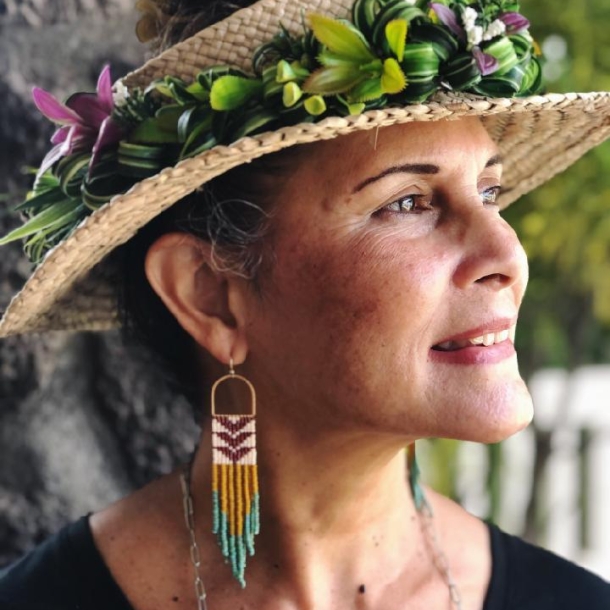Growing the Early Care and Education Workforce Through Apprenticeships

Click the video player below to watch the webinar on-demand. If you are having issues accessing the recording, please email nacomeetings@naco.org.
Early care and education (ECE) providers are often called the workforce behind the workforce because access to child care allows parents to work and further their education and training. However, the ECE field struggles with high rates of turnover and difficulty recruiting new workers because of low wages and poor benefits. Apprenticeships are one strategy to help the ECE workforce pursue additional education and credentials while being compensated and supporting during their learning. Join this webinar to hear how counties are utilizing apprenticeship programs to grow child care supply and strengthen local economies.
Watch Recording
Click here to watch the recording in a new window.
Speakers

Marjorie D. Cohen

Camilla Rand

Robert Barr

Melodie Vega

Caroline Soga
Related News

Counties and Railroads: Shared Priorities for the Next Surface Transportation Bill
County leaders from across the country have a vital opportunity to ensure their infrastructure priorities are front and center.

House reintroduces bipartisan legislation to level playing field for rural communities
House reintroduced the Rural Partnership and Prosperity Act, bipartisan legislation intended to advance economic development in rural counties and overcome barriers to obtaining federal funding and resources.

County Countdown – Dec. 15, 2025
Every other week, NACo's County Countdown reviews top federal policy advocacy items with an eye towards counties and the intergovernmental partnership.